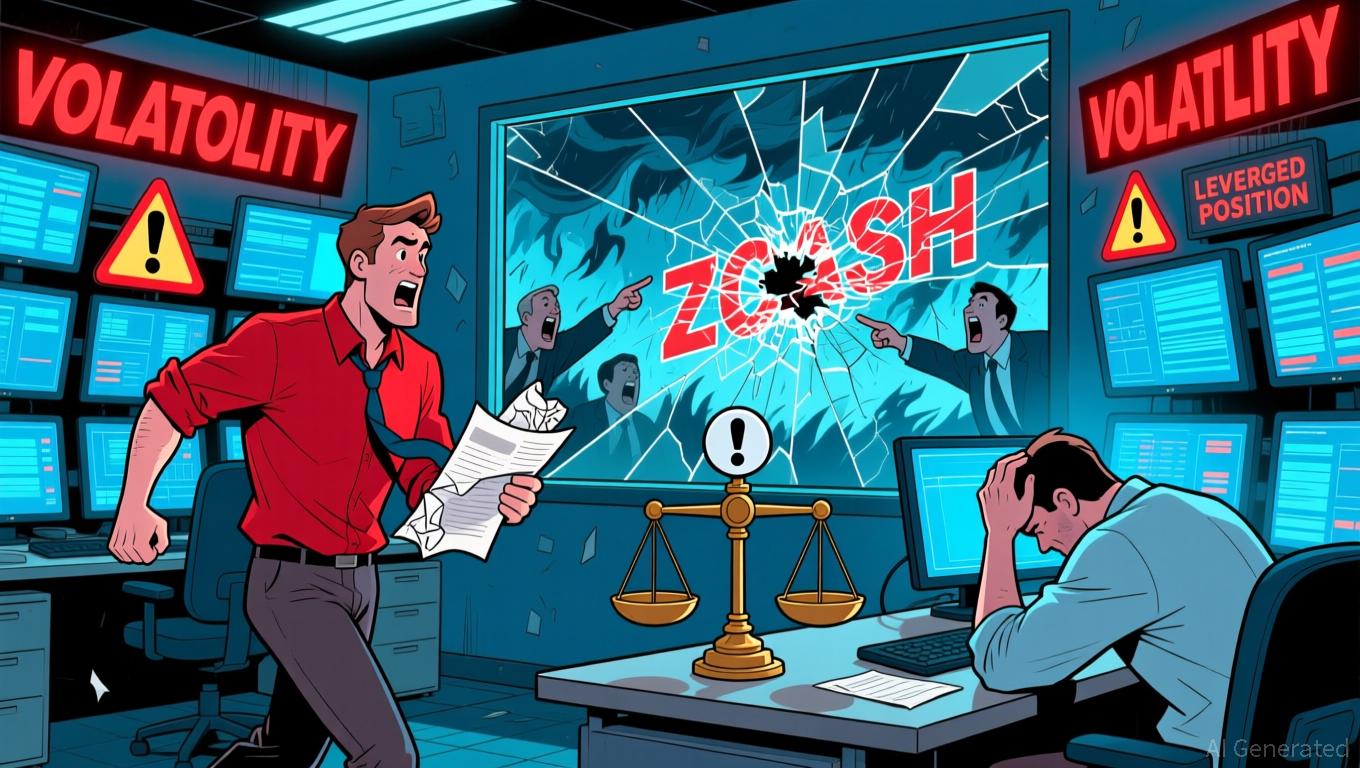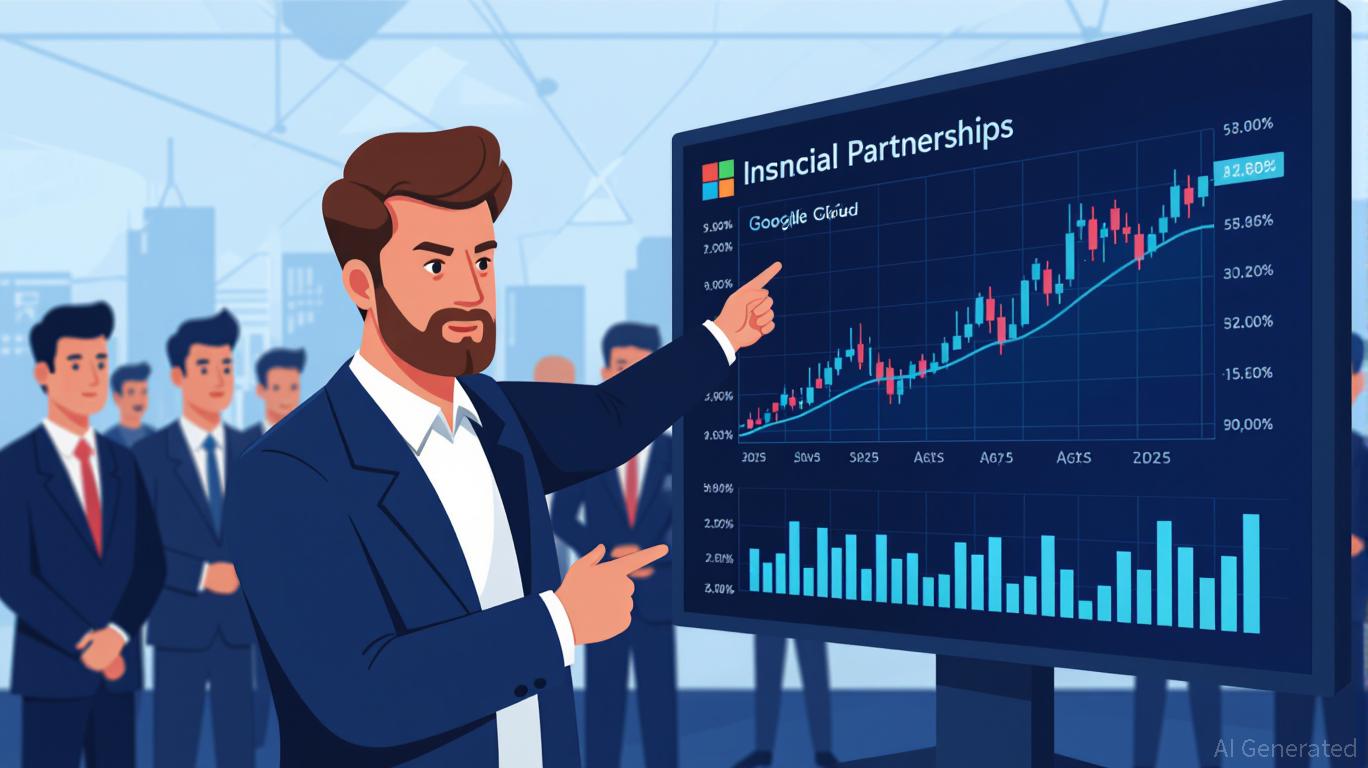Healthcare Firm Handing Up To $5,000 Per Person To Settle Lawsuit Over Cyberattack and Data Breach
A nonprofit healthcare firm has agreed to pay millions of dollars as a settlement over a data breach that happened more than two years ago.
According to the settlement administrator’s portal, Hospital Sisters Health System, headquartered in Springfield, Illinois, will pay $7.6 million to settle a class action lawsuit that arose after unauthorized third parties obtained files containing personal health information and personally identifiable information of the plaintiffs during a cyberattack in August of 2023.
The settlement class members who incurred documented out-of-pocket expenses as a result of the data breach will receive up to $5,000.
The out-of-pocket costs must have been incurred between August 16th of 2023 and November 14th of 2025. The costs could include “losses because of identity theft or fraud; fees for credit reports, credit monitoring, or freezing and unfreezing your credit; cost to replace your IDs; and postage to contact banks by mail.”
Alternatively, the settlement class members will receive a one-time payment that will be determined on a pro-rata basis. For this payment, it will not be necessary for the settlement class members to provide proof of loss suffered as a result of the data breach.
Claims for compensation by the settlement class members and plaintiffs must be submitted by November 14th. The final approval hearing will be held on December 4th.
Despite agreeing to the multi-million dollar settlement, Hospital Sisters Health System denies all the claims and allegations made in the class action lawsuit.
Generated Image: Midjourney
Disclaimer: The content of this article solely reflects the author's opinion and does not represent the platform in any capacity. This article is not intended to serve as a reference for making investment decisions.
You may also like
WCT experiences a 38% increase fueled by rising demand for data centers powered by AI technology
- WCT , a machinery sector stock, surged 38% in 24 hours, driven by AI-boosted data-center demand and improved pricing dynamics. - Jefferies highlighted WCT as a top machinery stock, citing its exposure to cloud computing growth and 2026 data-center construction projections. - The rally reflects shifting investor sentiment toward AI-linked infrastructure, with WCT benefiting from sector margin recovery and macroeconomic tailwinds. - Pre-earnings buying and strong positioning suggest confidence, though anal

Zcash News Update: ZEC Price Swings Cause Crypto Whale to Lose $1.17 Million on 10x Short
- A crypto whale's 10x short position on Zcash (ZEC) incurred $1.17M losses as prices fell below $360, triggering partial liquidations. - ZEC's volatility highlights risks in leveraged trading, with lower-cap assets facing manipulation and liquidity crises at platforms like Hyperliquid. - Whale activity intensified as Ethereum whales repositioned $1.39B and $5M in tokens amid regulatory uncertainties and market turbulence. - Leveraged ZEC positions show extreme duality: one whale's $8.28M unrealized gain c

The Emergence of ICP Caffeine AI in Web3 Advancement: Investing Strategically in Blockchain Protocols Powered by AI
- ICP Caffeine AI, developed by Dfinity, democratizes dApp creation via AI-blockchain integration, lowering technical barriers for developers. - The platform drove a 56% ICP token surge in one day and 385% growth over a month, with $237B TVL by Q3 2025 despite 22.4% dApp usage decline. - Strategic Microsoft Azure partnerships expand hybrid cloud utility, but regulatory risks and competition from centralized AI providers persist. - Its deflationary token model relies on sustained app adoption, contrasting w

ICP Soars by 30%: Could This Signal the Beginning of a Major Bull Market?
- ICP's 30% price surge sparks debate between bullish optimism and warnings of short-term volatility driven by macroeconomic factors and speculative trading. - Improved market sentiment from Fed policy expectations contrasts with hawkish comments causing 11% corrections, highlighting fragile macroeconomic foundations. - Technical upgrades like Caffeine and institutional partnerships coexist with declining DApp activity (-22.4%) and unverified adoption metrics, revealing innovation-adoption gaps. - Speculat

